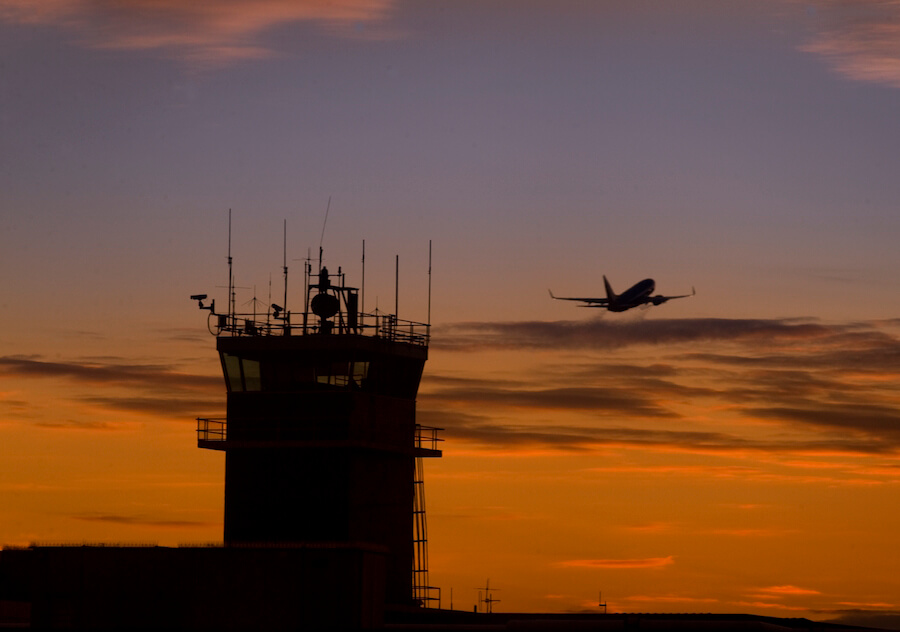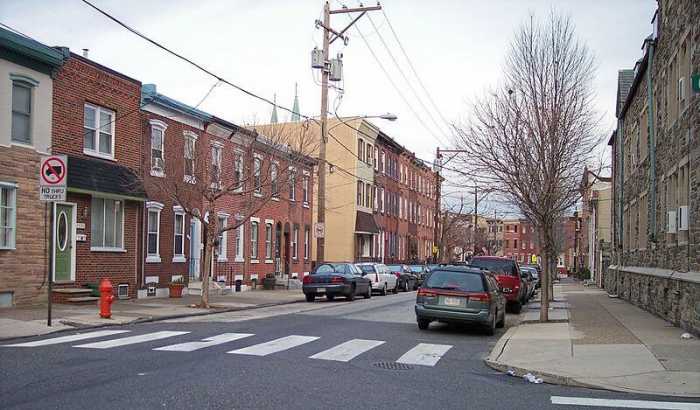I remember as a very young lad my mom taking me to meet my dad at the airport as he returned from a business trip via Allegheny Airlines.The year was 1966, and we stood by the tarmac on a cold and windswept evening, peering through a chain link fence as my dad bounded down the back of the plane into our awaiting arms. I also remember a very unsettling week in September when, like my father, I too was travelling for business. This time, I navigated my way through five different airports in seven days that were cordoned off and secured with armed military personnel.That was two weeks after Sept. 11, 2001. Whatever the circumstance may be, flying is undeniably a vital means of transportation. Just as important is the role that airports play in the local, national and international economy. In the U.S., airports drive $1.5 trillion into the economy each year and play a critical role in ensuring the global connectivity and competitiveness of any region. For the Greater Philadelphia region, global business and leisure travel permeates our existence; we are home to two Class 1 freight railroads, the 3rd busiest Amtrak station in the U.S. andaward-winning system of local commuter rails, buses, and trolleys that include SEPTA, PATCO and NJ Transit. Our excellent connectedness to the rest of the country – and world – includes our international airport with world-class airlines. But the Philadelphia International Airport (PHL) is much more than a connector; it is an economic engine for future growth.Consider the following: As our region continues to emerge as a leader in the global economy, PHL is poised to drive continued growth and prosperity. As citizens, we have an obligation to remind our policy makers and politicians to support emerging future plans to expand and improve our airport facilities. Rob Wondering is president and CEO of The Chamber of Commerce for Greater Philadelphia.
PHL as a regional economic engine

Provided























